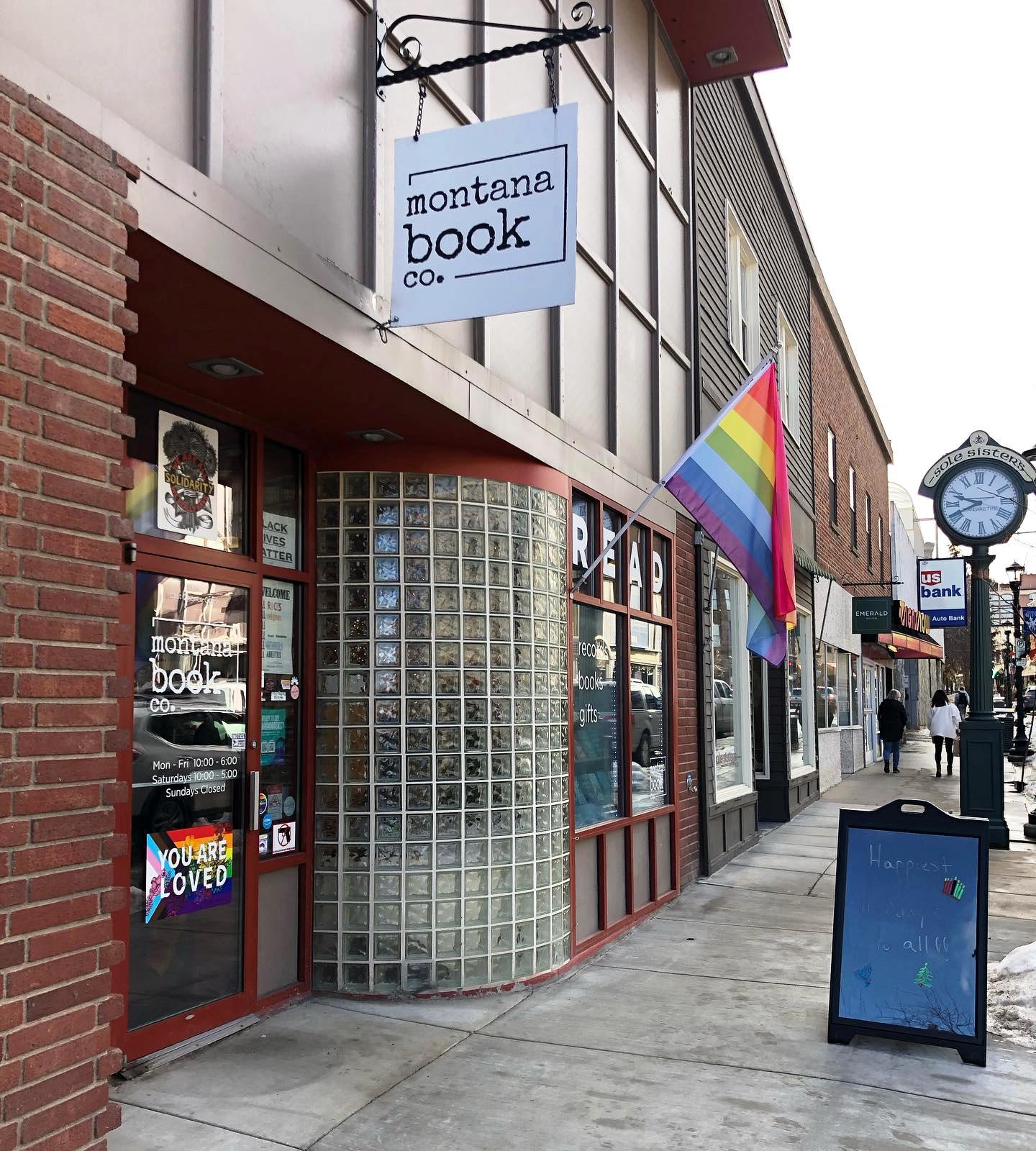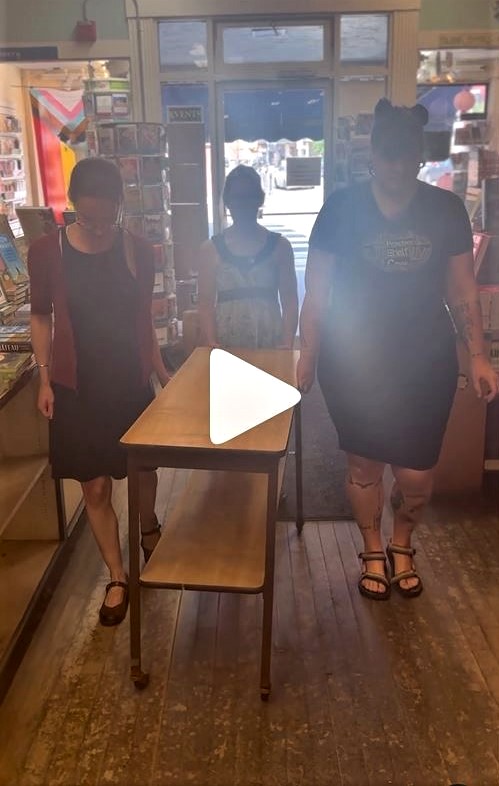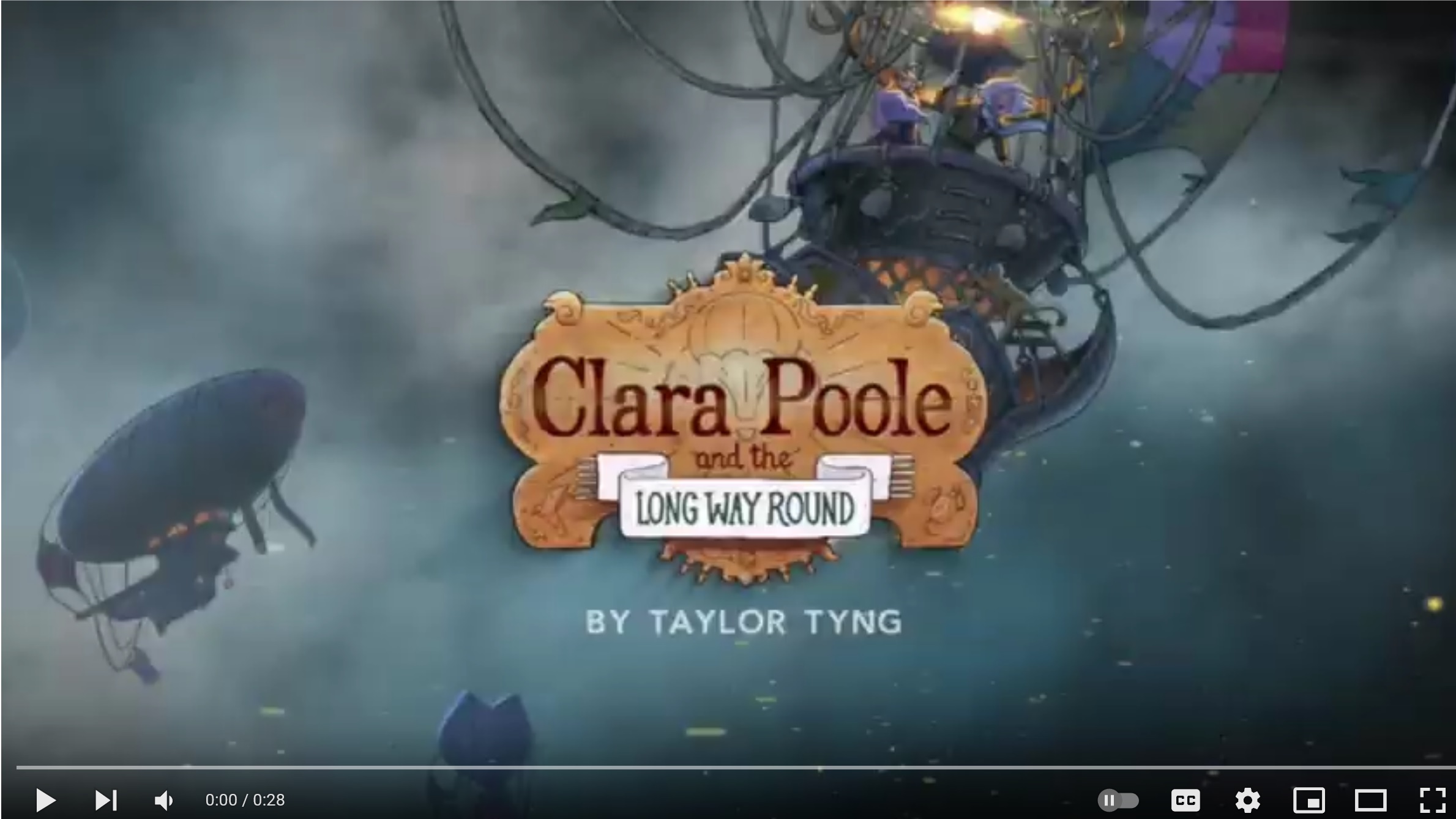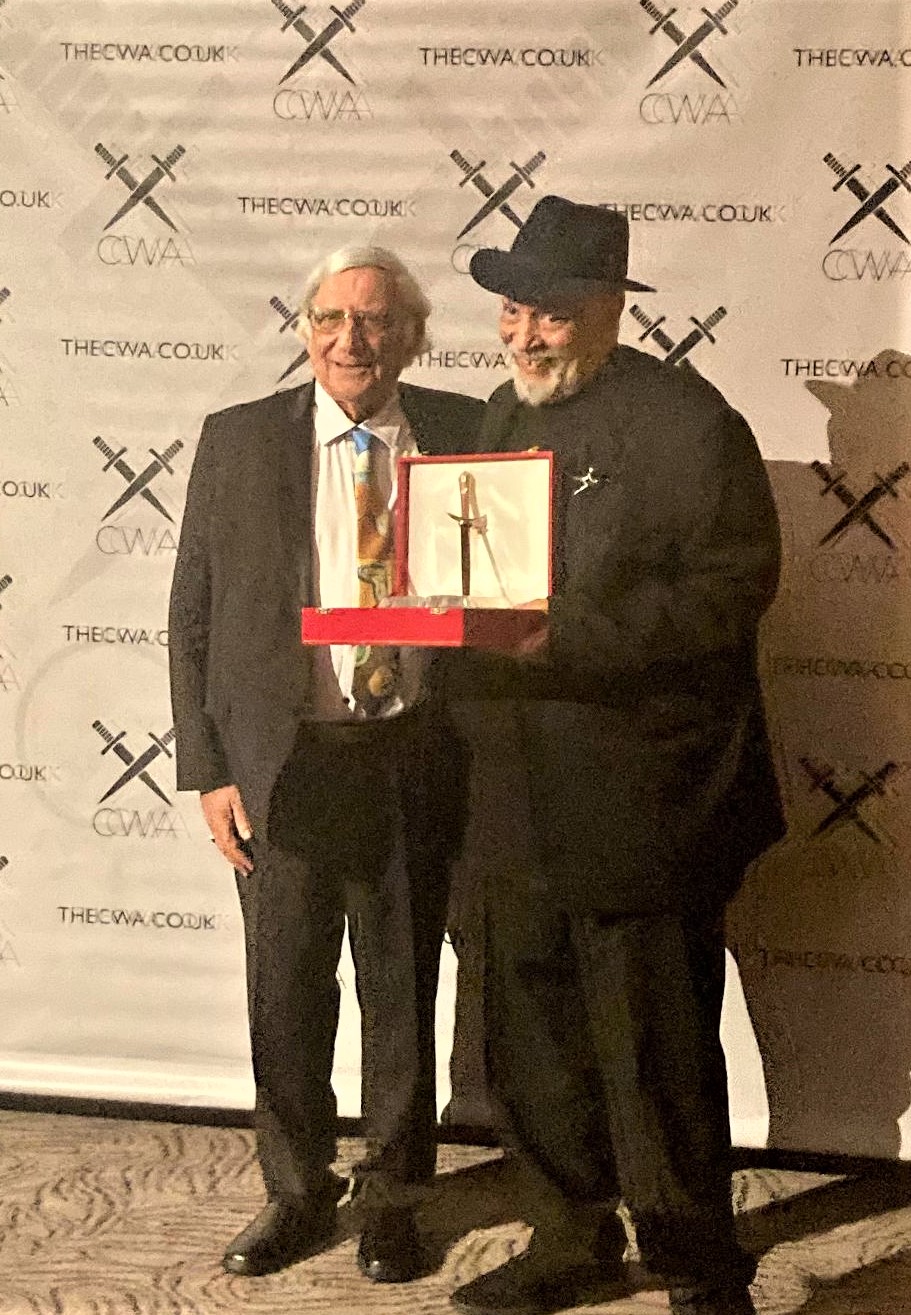 Montana Book Company, Helena, Mont., is among a dozen plaintiffs in a federal lawsuit filed last Thursday against Montana's "anti-drag" law, passed in May. The law bans people dressed in drag from reading to children in public schools or libraries, and prohibits businesses and state-funded entities from allowing minors to see so-called "sexually oriented performances."
Montana Book Company, Helena, Mont., is among a dozen plaintiffs in a federal lawsuit filed last Thursday against Montana's "anti-drag" law, passed in May. The law bans people dressed in drag from reading to children in public schools or libraries, and prohibits businesses and state-funded entities from allowing minors to see so-called "sexually oriented performances."
Calling the law unconstitutional, an abridgement of free speech, and "motivated by anti LGBTQ+ animus," the suit seeks a temporary injunction as well as damages for one of the plaintiffs, Adria Jawort, an author, transgender woman, and member of the Northern Cheyenne Tribe, whose appearance to speak at the Butte-Silver Bow Library on June 2 was cancelled because, as a librarian said, the new law made it "too much of a risk to have a transgender person in the library."
The defendants are Montana's Attorney General, the Montana Superintendent of Public Instruction, and the chief executive of the city and county of Butte-Silver Bow. The plaintiffs' law firm is Upper Seven Law in Helena.
The suit describes plaintiff Montana Book Company as "an independent LGBTQ+-owned bookstore [that] aims to create an open and inclusive community space for marginalized populations in Montana. The Montana Book Company has hosted and plans to continue to host age-appropriate drag shows open to the public."
Bookstore co-owner Chelsia Rice said, "Drag has long been an important artistic and cultural expression. This law wrongly targets the constitutionally protected speech of performers, artists, authors, and other Montanans." Coincidentally, the suit was filed on Montana Book Company's fifth anniversary.
Many of the plaintiffs have "well-founded fears of criminal and civil liability." In the Montana Book Company's case, the suit noted that it "sells and displays books that include 'lewd or lascivious depiction[s] or description[s] of human genitals or sexual conduct.' " Another plaintiff, the Myrna Loy cultural center, "shows a broad spectrum of movies from around the world, including classic films and first-run new releases, many of which include 'sexually oriented performances.' " Yet another plaintiff, BumbleBee Aerial Fitness, is a fitness studio that "publicly performs dances that may be described as 'salacious.' "
And Rachel Corcoran, a teacher in the Billings Public Schools, "has dressed up as fictional and historic male and female characters to connect with students, enhance learning, and build community. For example, she has dressed as a crazy cat lady, the rapper Eazy-E, Tina Turner, Waldo (of Where's Waldo? fame), Lilo (from Lilo & Stitch), and Princess Bubblegum (from Adventure Time). While in gendered costumes, she reads to students and engages in learning activities at school." Under the law, she is considered "a 'drag queen' or 'drag king' participating in 'drag story hour' at such times. Thus, she faces criminal penalties, lawsuits, and revocation of her teaching certificate."
The suit calls the law "a Frankenstein's monster" that "prohibits drag performers from leading story hours in schools and libraries, which is an unconstitutional content- and viewpoint-based restriction on free speech. But that's not all: the bill bans reading to a child in a library in a superhero costume, conducting classroom activities dressed as Ms. Frizzle, inviting a Disney princess impersonator into the classroom, and staging a production of Shakespeare's As You Like It. These restrictions apply regardless of a person's gender identity and sex."
In addition, the law "limits First Amendment activities of artists, businesses, and entities that receive state funds. Displaying or disseminating obscene materials and performances has long been illegal in Montana," but the law "creates new, confusing restrictions on 'sexually oriented performances'--with a definition that, inter alia: allows the display of human cleavage but not prosthetic cleavage; restricts 'stripping,' regardless of whether nudity results; and may--this is unclear--prevent allowing minors to view 'any simulation of sexual activity,... salacious dancing, [or] any lewd or lascivious depiction or description of human genitals.' " Unlike the state's obscenity statute, the law "does not incorporate the Miller test--the classic definition of obscenity--which safeguards artistic expression, political speech, and science. Worse still, an entity that receives any state funds--e.g., any art museum or independent theater--cannot display a live or prerecorded performance with essentially any sexual content, regardless of artistic merit and even if the audience is limited to adults."
And the law's penalties are "as confusing as they are draconian," the suit stated. "Everyone involved in putting on a 'drag' (read: costumed) story hour or so-called 'sexually oriented performance' can be sued within ten years of the event by a minor who attends the performance--even if the minor and their guardian consented at the time--with statutory damages and attorney's fees assured to the plaintiff." If the violator is "a library, school, teacher, school or library administrator, [an] 'entity that receives any form of funding from the state,' or employee of such an entity, they shall be fined $5,000. Moreover, teachers and other school personnel will be suspended for a year; upon a second offense, they will lose their certificates. And if the violator is a business that serves alcohol, it will be fined between $1,000 and $10,000 per violation and ultimately lose its business license."
 "I think it's telling that, after being in books for this long, and a lot of the job being that you go to bookstores, I still can't pass an independent bookstore on the street without going in. You don't have that compulsion because you are wondering if they have different books than other stores have, though that's a little of it. You go in mainly because you want to see how they've done it, what it feels like in there, what they're choosing to foreground, and what they believe in.
"I think it's telling that, after being in books for this long, and a lot of the job being that you go to bookstores, I still can't pass an independent bookstore on the street without going in. You don't have that compulsion because you are wondering if they have different books than other stores have, though that's a little of it. You go in mainly because you want to see how they've done it, what it feels like in there, what they're choosing to foreground, and what they believe in.


SHELFAWARENESS.1222.S1.BESTADSWEBINAR.gif)


SHELFAWARENESS.1222.T1.BESTADSWEBINAR.gif)

 After suffering extensive damage from a fire that broke out on July 4,
After suffering extensive damage from a fire that broke out on July 4, 


 Clara Poole and the Long Way Round
Clara Poole and the Long Way Round
 A short story collection sparkling with humor and charming insight, Dearborn by Ghassan Zeineddine invites readers to experience contemporary life in the midwestern United States through the lens of Arab Americans who have settled in the titular Michigan city--men and women at various stages of reinvention, each striving toward their own version of the American dream.
A short story collection sparkling with humor and charming insight, Dearborn by Ghassan Zeineddine invites readers to experience contemporary life in the midwestern United States through the lens of Arab Americans who have settled in the titular Michigan city--men and women at various stages of reinvention, each striving toward their own version of the American dream.